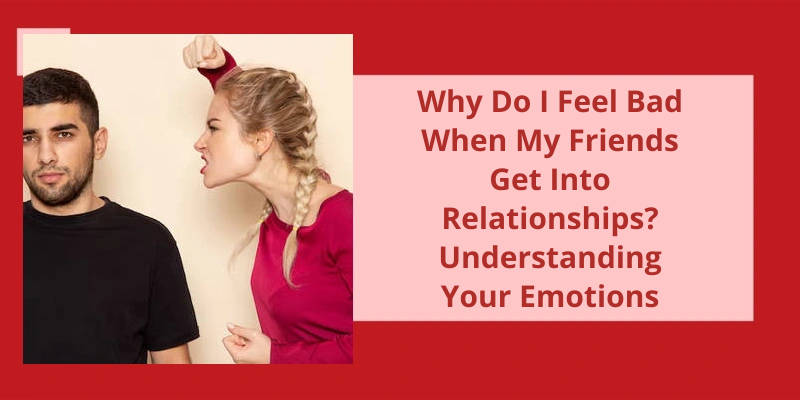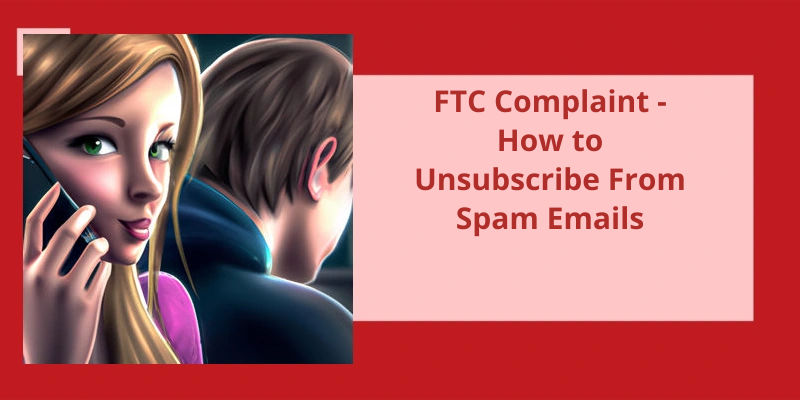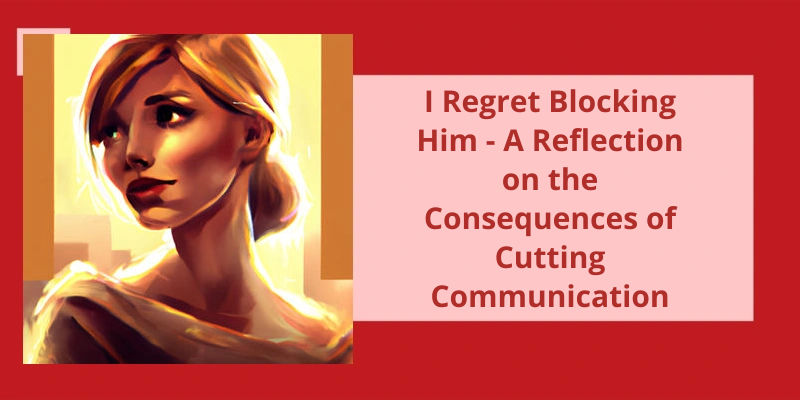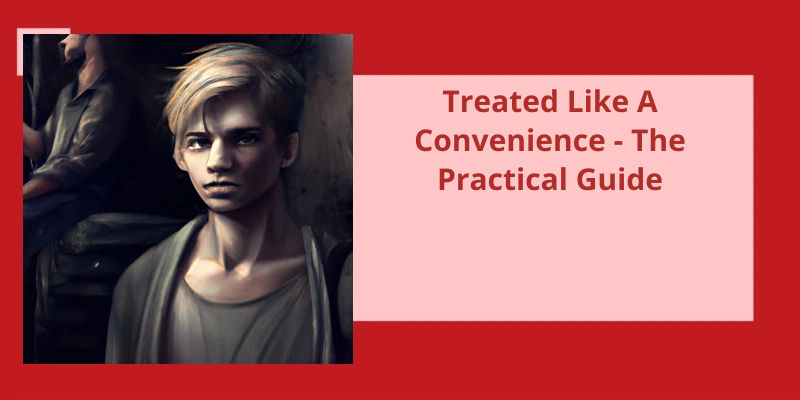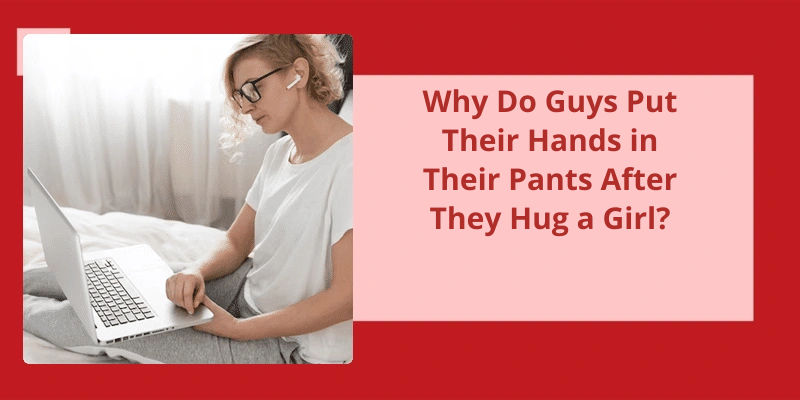It’s a common phenomenon to experience a mix of emotions when our friends enter into romantic relationships, particularly when we’re single ourselves. These emotions often stem from an innate sense of insecurity, fueled by the fear of potentially losing the strong bond we share with our friends. The sudden presence of a new person in their life can leave us feeling apprehensive, uncertain about the intentions and character of this unknown entity. Additionally, our concern for our friends' well-being comes into play, as we worry about their safety and whether they’re entering into a healthy, stable relationship. These complex emotions can be difficult to navigate, but understanding their underlying causes can help us make sense of why we feel this way and ultimately find some peace in the midst of change.
Is It Normal to Lose Friends When You Get Into a Relationship?
It’s quite common for individuals to experience a sense of loss or sadness when their close friends enter into relationships. This emotional reaction stems from a variety of underlying factors and can be further exacerbated by personal insecurities, fears of abandonment, or feelings of jealousy. It’s essential to address these emotions and understand why they arise in order to maintain healthy relationships with both our friends and our partners.
Psychological studies have indicated that, on average, individuals tend to lose around two close friends when they enter into a new romantic relationship. This phenomenon can be attributed to a shift in priorities and time commitments that naturally occur when one becomes involved in a romantic partnership. As individuals invest more time and energy into nurturing their new relationship, they may unintentionally neglect their friendships, leading to a sense of disconnect or distance.
It’s a reflection of the significance and depth of the bond shared with these friends. When a close friend establishes a romantic partnership, it can feel as though their attention is divided, and their focus shifts away from the friendship that once held great importance. This shift can trigger emotions of sadness, longing, and even resentment.
Individuals may also experience feelings of jealousy when their friends enter relationships. Seeing others embark on romantic journeys can often lead to comparisons and self-reflection, which may result in negative self-perception and an intensified sense of loneliness. It’s crucial to identify these emotions and address them with self-compassion and understanding, rather than projecting them onto the relationship or the friend.
Open and honest communication is vital in navigating these emotional complexities. Having a heart-to-heart conversation with your friend can help clarify any misunderstandings or unspoken feelings. Expressing your concerns, fears, and emotions in a constructive manner can strengthen the bond and foster empathy between both parties. Additionally, nurturing other friendships and pursuing individual interests and hobbies can help alleviate the sense of loss and maintain a well-rounded social life.
Feeling bad when friends enter into relationships is a normal response to a shift in dynamics and priorities. Remember, each relationship is unique, and fostering understanding and empathy can help navigate these emotional challenges and ensure the preservation of meaningful connections.
Maintaining Friendships While Being in a Relationship: Strategies for Balancing Time and Priorities.
Maintaining friendships while being in a relationship can be challenging, but with the right strategies, you can find a balance between your time and priorities. Communication is key – talk to your partner about your needs and expectations regarding friendships. Establishing boundaries and setting aside dedicated time for friends can help ensure that you’re nourishing those connections. It’s also important to understand that your friendships may naturally evolve as you enter a new relationship, and that’s okay. Just remember to prioritize open and honest communication with both your partner and your friends.
In a healthy relationship, the dynamic between friends can drastically change. It’s not uncommon for friendships to fade or be strained, not because their significant other replaces us, but because they no longer have the same yearning for love, acceptance, and care that once drove us when we were single. However, understanding the underlying reasons for this shift is essential in maintaining and nurturing friendships alongside a romantic partnership.
Why Do You Lose Friends in a Healthy Relationship?
When our friends find themselves in happy and fulfilling relationships, it’s only natural for us to feel a sense of sadness or loneliness. It isn’t because we no longer matter to them or because their partner has replaced us. Rather, it’s because their focus and priorities have shifted, and they no longer have the same desperate need for love and acceptance that we do when we’re single.
In a healthy relationship, individuals are often able to find the love, acceptance, and care they crave. This newfound source of fulfillment can sometimes cause them to become less reliant on their friendships for emotional support. After all, when you’ve a loving and supportive partner, it’s only natural to turn to them for comfort and understanding.
Losing friends to relationships can be difficult to navigate, as it may leave us feeling abandoned or forgotten. It’s important to remember that this shift in dynamics isn’t a reflection of our worth or importance. People naturally evolve and change as they enter new stages of life, and it’s important to allow them the space to do so.
While it may take some time to adjust to this new dynamic, it’s essential to communicate openly with our friends about our feelings. Sharing our thoughts and concerns can help maintain a strong and healthy friendship, even as they navigate the world of relationships.
Ultimately, it’s crucial to recognize that friendships can coexist with relationships. While the dynamics may shift, there’s still room for love, support, and understanding. By understanding our own emotions and being open to change, we can navigate these transitions and continue to maintain meaningful connections with our friends.
How to Support a Friend Who Is in a New Relationship
When a friend enters a new relationship, it’s common to experience a mix of emotions. While it’s normal to feel a little left out or uncertain about how this will affect your friendship, it’s important to remember that your friend’s happiness is what truly matters. To support your friend in their new relationship, it’s essential to maintain open communication and express your feelings honestly but respectfully. Let your friend know that you’re happy for them and that you’re there to offer support and listen if they need someone to talk to. Additionally, try to make an effort to get to know their partner and include them in group activities or outings. Remember, friendships can evolve and change, but with understanding and support, you can maintain a strong bond with your friend even as they navigate this new chapter in their life.
However, it’s important to recognize and address these feelings in a healthy and constructive manner, as jealousy can damage friendships if left unchecked. Understanding the root causes of jealousy can help you navigate and manage these emotions better, promoting a more positive and supportive relationship with your friends.
Why Do I Get Jealous When My Friends Gets Into Relationships?
When my friends get into relationships, it’s totally normal to feel a pang of jealousy. It’s important to recognize that this feeling isn’t abnormal or unhealthy; rather, it’s a normal human emotion that we all experience at times. Understanding the root causes of these feelings can help us navigate and manage them better.
Additionally, jealousy can also stem from a sense of comparison. Seeing our friends in happy and fulfilling relationships might make us compare our own lives and question why we havent found that kind of connection yet. This comparison can lead to feelings of inadequacy or resentment. However, it’s important to remember that everyones journey is unique, and finding love takes time and patience.
Seeing our friends in relationships might make us crave the companionship, love, and support that comes with being in a partnership. This desire can intensify our feelings of jealousy and longing. It’s important to remember that we all have different paths and timelines when it comes to relationships, and experiencing these emotions can serve as a reminder of what we value and desire in our own lives.
It’s usually related to our own fears, insecurities, and desires. Understanding and acknowledging these emotions can help us navigate them in a healthier way and maintain strong, fulfilling friendships. Instead of letting jealousy drive a wedge between us and our friends, we can use it as an opportunity for self-reflection and personal growth.
It’s important to reflect on your own behavior and actions in order to understand why you might be losing friends. This article explores some common reasons behind this phenomenon, offering insights and suggestions to help you address the issue. Losing friends can be painful, but by identifying and addressing the underlying problem, you can work towards building healthy and lasting relationships.
Why Am I Suddenly Losing All My Friends?
If you find yourself suddenly losing all your friends, it can be a disheartening and confusing experience. Friends may come and go throughout our lives, but when it seems like more friends are leaving than staying, it’s time to take a deeper look at the situation. While it’s normal for one or two friends to move on for their own reasons, consistently losing friends indicates that there may be a problem at hand.
It’s crucial to be honest with yourself and examine your own actions and behaviors. Are there any patterns or habits that youve been unaware of or unwilling to acknowledge? Sometimes, our actions or words unintentionally push others away. Reflect on how you interact with your friends and consider if you might be doing something that makes them feel uncomfortable or unsupported.
Another factor to consider is your ability to listen and empathize with others. Friendship is built on mutual understanding and support. If you find yourself constantly dominating conversations or not genuinely listening to your friends concerns, they may feel like their needs aren’t being met. Take the time to be present and attentive when communicating with others, as this can greatly impact the strength of your friendships.
Additionally, think about the energy you bring to your friendships. Are you consistently negative or pessimistic? While it’s normal to have moments of sadness or frustration, being consistently downcast can be draining for others. Friends may distance themselves if they feel like they constantly have to uplift or support you without receiving reciprocation.
Ultimately, losing friends can be a wake-up call to reassess your own behavior and attitudes. It’s important to reflect on your actions, be willing to make changes, and work on improving yourself. Remember, genuine friendships require effort, understanding, and a willingness to learn and grow together. By being honest with yourself and putting in the work, you can build and maintain healthier and more fulfilling friendships in the future.
Source: 5 Reasons You Are Losing Friends – LiveAbout
What to Do When Your Friends Start Dating Each Other?
It can be tough when your friends start dating each other. Suddenly, theres a shift in dynamics and it may feel like theyre leaving you out. It’s important to understand that your friends are going to want their alone time. They may want to spend more time with their new partner and thats okay. Give them the space they need to nurture their relationship. This doesn’t mean theyre abandoning you, but rather experiencing something new and exciting.
If you feel like youre being excluded, it’s important to speak up. Communicate your feelings in a calm and honest manner. Let your friends know that you miss spending time with them and would love to still be included in their plans. They may not realize how their actions are affecting you, so speaking up can bring about positive change.
When your friends start dating each other, it’s crucial not to take sides if they get into fights. Remember, you’re their friend first and foremost, and taking sides may only further exacerbate the situation. Instead, try to offer a neutral perspective and encourage open communication. Help them see the bigger picture and remind them of the love and friendship they share.
Another thing you can do when your friends start dating each other is to focus on strengthening your own friendships and interests. Dont make their relationship the center of your world. Explore new hobbies, meet new people, and spend quality time with your other friends. This way, youll fill your life with fulfillment and happiness, instead of solely relying on your friends for emotional support.
Lastly, remember that it’s natural to feel a bit lonely or left out when your friends start dating each other. Allow yourself to feel these emotions and give yourself some time to adjust. It’s okay if you need to seek support from other sources such as family members or other friends. Embrace your own journey and growth, and know that your friends relationships don’t define your worth or happiness.
How to Navigate the Transition When Your Friends Start Dating Each Other.
When your friends start dating each other, it’s natural to feel a mix of emotions, including happiness for them and a hint of sadness for yourself. It’s important to understand that these feelings are normal and valid.
Try to recognize that your feelings aren’t a reflection of their relationship or their happiness. Instead, they stem from a fear of change and a worry about the potential impact on your own friendships.
One way to navigate this transition is by practicing open communication. Talk to your friends about your emotions and concerns, expressing your support for their relationship while also sharing your own worries. Honest conversations can help strengthen your friendships and foster understanding.
Remember to focus on self-care during this time as well. Engage in activities that make you happy, spend time with other friends, and explore new hobbies or interests. Building your own support system and finding fulfillment outside of your friends’ relationships can help alleviate negative emotions.
Lastly, give yourself time to adjust. Change can be challenging, but with patience and self-compassion, you can find acceptance and embrace the new dynamics within your social circle.
Conclusion
Understanding and processing our emotions when our friends get into relationships is essential for personal growth and maintaining healthy friendships. It’s natural to feel a sense of insecurity and fear of losing the strong bond we share with our friends when they enter into a romantic relationship. Our concerns for their safety stem from the fact that this new person is often unfamiliar to us, and we worry about the impact they may have on our friend's life. However, it’s crucial to address these emotions by recognizing that our friends' relationships don’t diminish the value of our friendship nor threaten our own worth. By communicating our feelings in a respectful and honest manner, we can establish a stronger foundation of trust and maintain the friendships that are important to us. Ultimately, understanding and accepting our emotions will allow us to support and be genuinely happy for our friends, fostering stronger relationships based on love, trust, and mutual respect.

